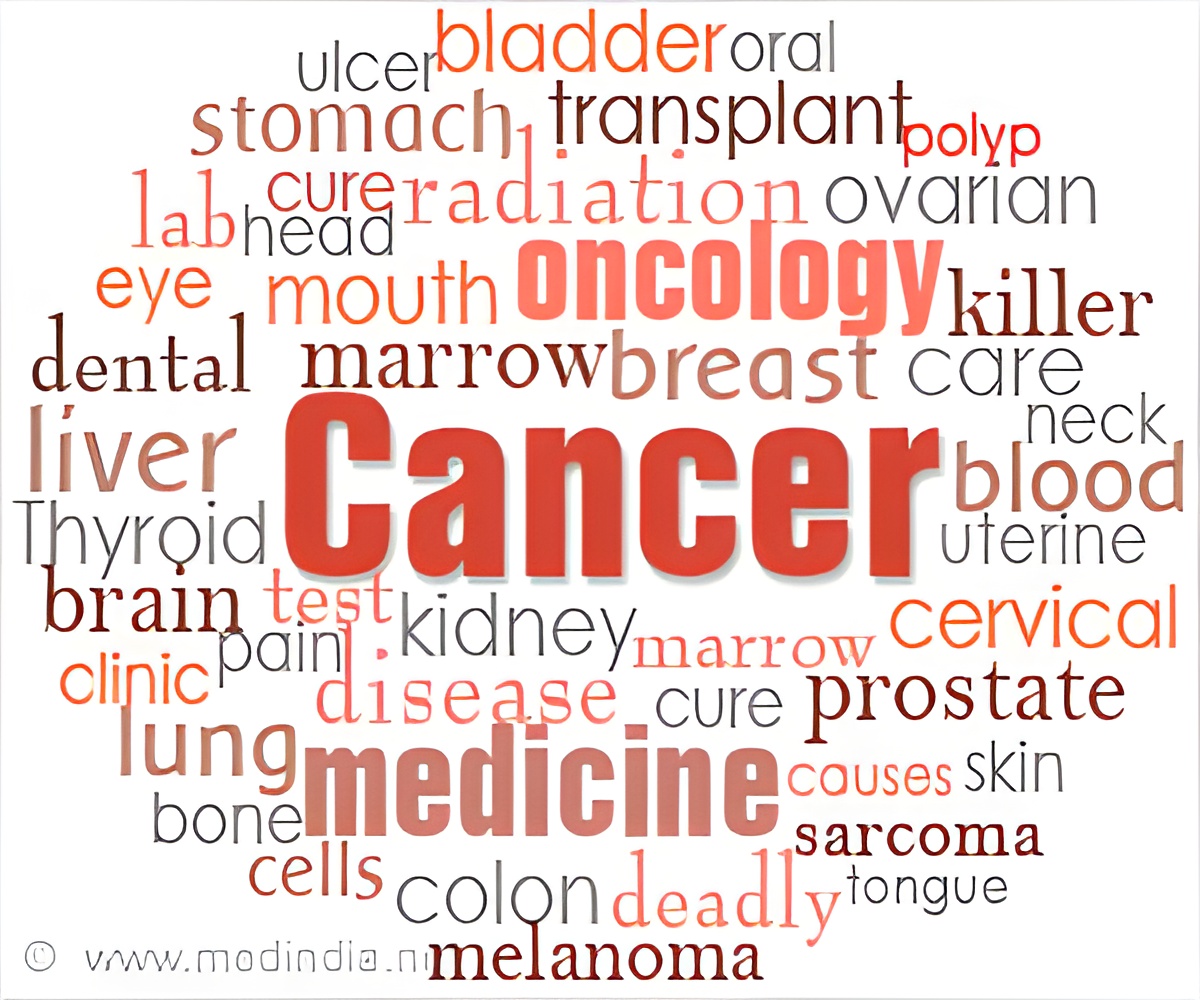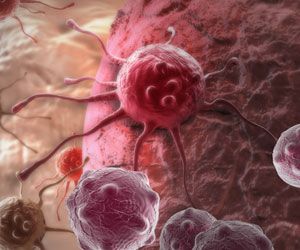The Glasgow Precision Oncology Laboratory (GPOL) has developed a new cancer test, which will enable patients around the world to access the best treatments for their cancer.

‘The Glasgow Cancer Tests are developed specifically to enable patients to benefit from real-world precision medicine-based cancer treatments.’





The Glasgow Precision Oncology Laboratory (GPOL) will host a Q&A at the National Cancer Research Institute (NCRI) Conference in Glasgow where metastatic cancer patient, Lesley Stephen, will ask Professor Andrew Biankin about the Glasgow Cancer Assays and how they will assist patients like her to find appropriate clinical trials. The Glasgow Cancer Tests are designed to be used in routine healthcare, such as the NHS, around the world, to enable doctors to offer the latest treatments and trials to cancer patients. These tests will also help scientists discover what makes cancer resistant to chemotherapy drugs, as well as provide data that will aid the development of new treatments.
The Glasgow Cancer Tests are currently being evaluated by NHS labs in England and Scotland. The tests are also being used in the University of Glasgow-led Precision-Panc clinical trials program for patients with pancreatic cancer.
Professor Andrew Biankin, Regius Professor of Surgery at the University of Glasgow and Director of the Glasgow Precision Oncology Laboratory (GPOL), said: “The Glasgow Cancer Tests were created so that ultimately every patient with cancer could have access to the latest treatments and clinical trials. Our team of inventors, including Susie Cooke, Philip Beer and David Chang, have dedicated the last five years of their lives to creating the Glasgow Cancer test."
“This test will enable patients around the world to access the best treatments for their cancer. I’m extremely proud of what the team have done and where this might take us for healthcare in the future.”
Advertisement
The Glasgow Cancer Tests analyse the genetic code from a sample of a patient’s cancer, to look for biological markers that indicate which trial drugs would work and which would not. The tests can also check for certain changes in the patient’s genes that may explain why the cancer developed in the first place.
Advertisement
“The test also needs to cover the full range of information present in a cancer’s DNA, so that every option can be explored for every patient. We want to make it much easier for patients to get onto clinical trials and for companies to run more trials and offer more trial options to patients. The Glasgow Cancer Tests can enable that.”
Source-Eurekalert















